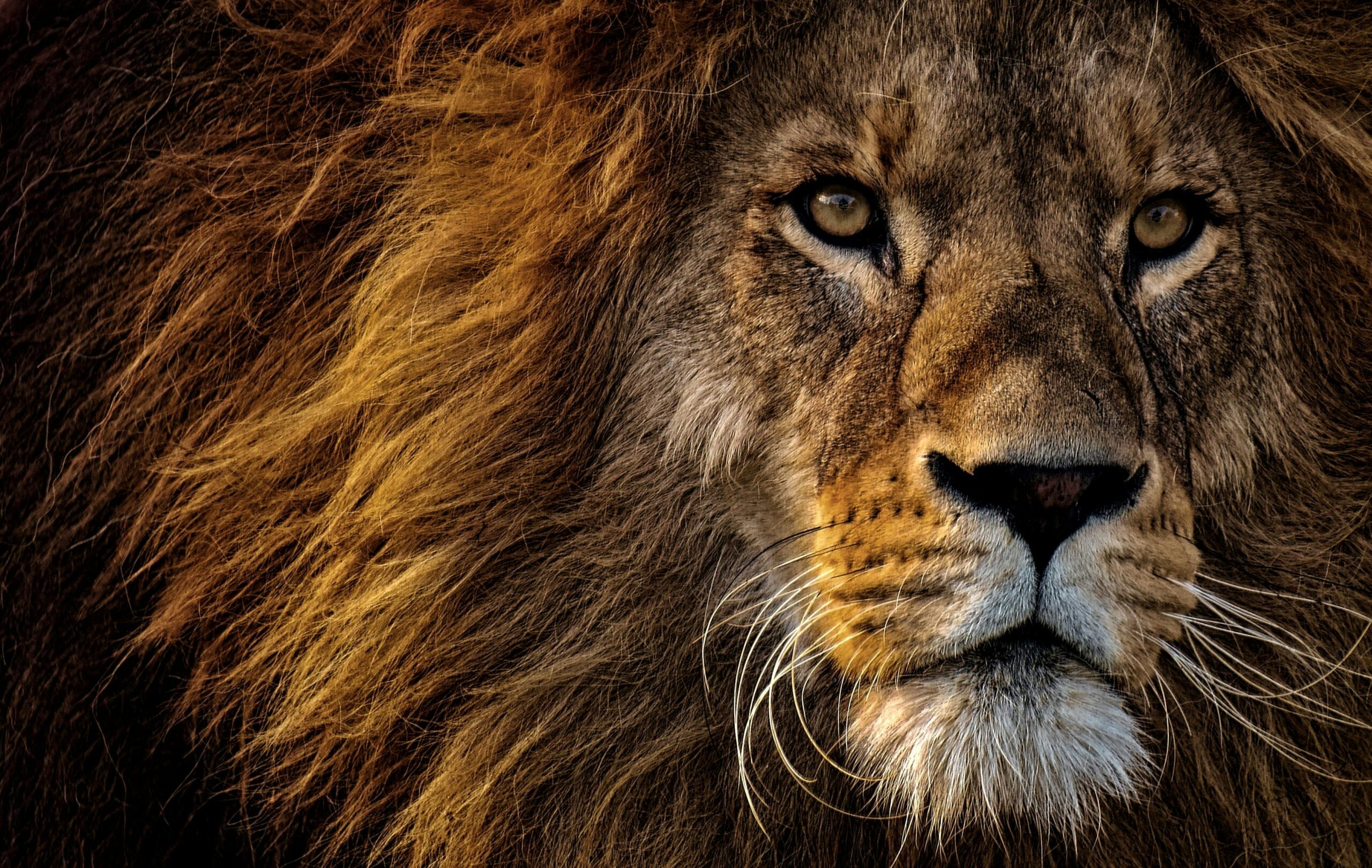Title: From Pasture to Palace: How David’s Shepherd Heart Prepared Him to Lead
Before David ever held a crown, he held a staff. Long before he was King of Israel, he was a shepherd boy on Judea’s hillsides — unseen by men, but watched by God. It was there, in the quiet fields among the sheep, that God was shaping a warrior-king and a man after His own heart.
But David wasn’t just learning to herd livestock. He was being trained to protect, to fight, and to lead. And in that, we find a powerful pattern for today’s pastors.
Shepherding Was David’s Training Ground
When Samuel came to anoint the next king of Israel in 1 Samuel 16, David wasn’t even considered — he was out in the fields tending sheep. But it was that very obscurity, that life of watchfulness and responsibility, that qualified him in God’s eyes.
In 1 Samuel 17:34–36, David recalls his experience to King Saul:
“Your servant has been keeping his father’s sheep. When a lion or a bear came and carried off a sheep from the flock, I went after it, struck it and rescued the sheep from its mouth… The Lord who rescued me from the paw of the lion and the paw of the bear will rescue me from the hand of this Philistine.”
David didn’t just care for sheep — he fought for them. He risked his life against predators to save the most vulnerable. That courage and faith didn’t come from battlefields, but from faithfully guarding the flock in the unseen places.
This was no coincidence. God was preparing him to shepherd a nation.
The King Was a Shepherd First
In Psalm 78:70–72, we see this connection clearly:
“He chose David his servant and took him from the sheep pens; from tending the sheep he brought him to be the shepherd of his people Jacob, of Israel his inheritance. And David shepherded them with integrity of heart; with skillful hands he led them.”
David’s ability to lead came from his heart as a shepherd — one who loved, protected, and defended. That same heart, shaped in obscurity, made him Israel’s greatest king. His strength didn’t come from power, but from responsibility.
Today’s Pastors Are Called to the Same
In the same way David was called from the fields to the throne, pastors are called from ordinary places to extraordinary responsibility: to shepherd God’s people.
Too often today, the role of a pastor is reduced to a communicator or administrator. But Scripture is clear — a pastor is a shepherd (the Greek word poimēn literally means shepherd). And just like David, they are called not only to feed the flock, but to fight for them.
The Bible tells us in John 10:12–13 that the hired hand runs when he sees the wolf coming, because he doesn’t care for the sheep. But the true shepherd lays down his life for them. This is the calling of a pastor — to protect the vulnerable, to guard against spiritual predators, and to be courageous when the enemy approaches.
Sheep Still Need Defenders
Sheep have no claws, no fangs, no natural defenses. Without a shepherd, they’re easy prey. Spiritually, we are just as vulnerable. In 1 Peter 5:8, the enemy is described as a roaring lion looking for someone to devour. False doctrines, discouragement, sin, and temptation are real threats to God’s people. They need more than a sermon; they need someone willing to stand in the gap.
That is the task of a pastor: to shepherd like David — with a heart full of love and hands ready for battle.
The Call Today
If you are a pastor, know this: your pulpit is your pasture, but your battlefield is wherever your people are under threat; you will need to leave the 99 and go seek and save the lost in your flock. Like David, your training may feel hidden or humble, but God uses those fields to raise up mighty leaders.
And if you are part of the flock, pray for your shepherds. Encourage them, support them, and hold them accountable to this holy calling — to guard, to guide, and to give their lives for the sheep.
Because in a world full of roaring lions, the Church needs more than leaders. It needs shepherds.
